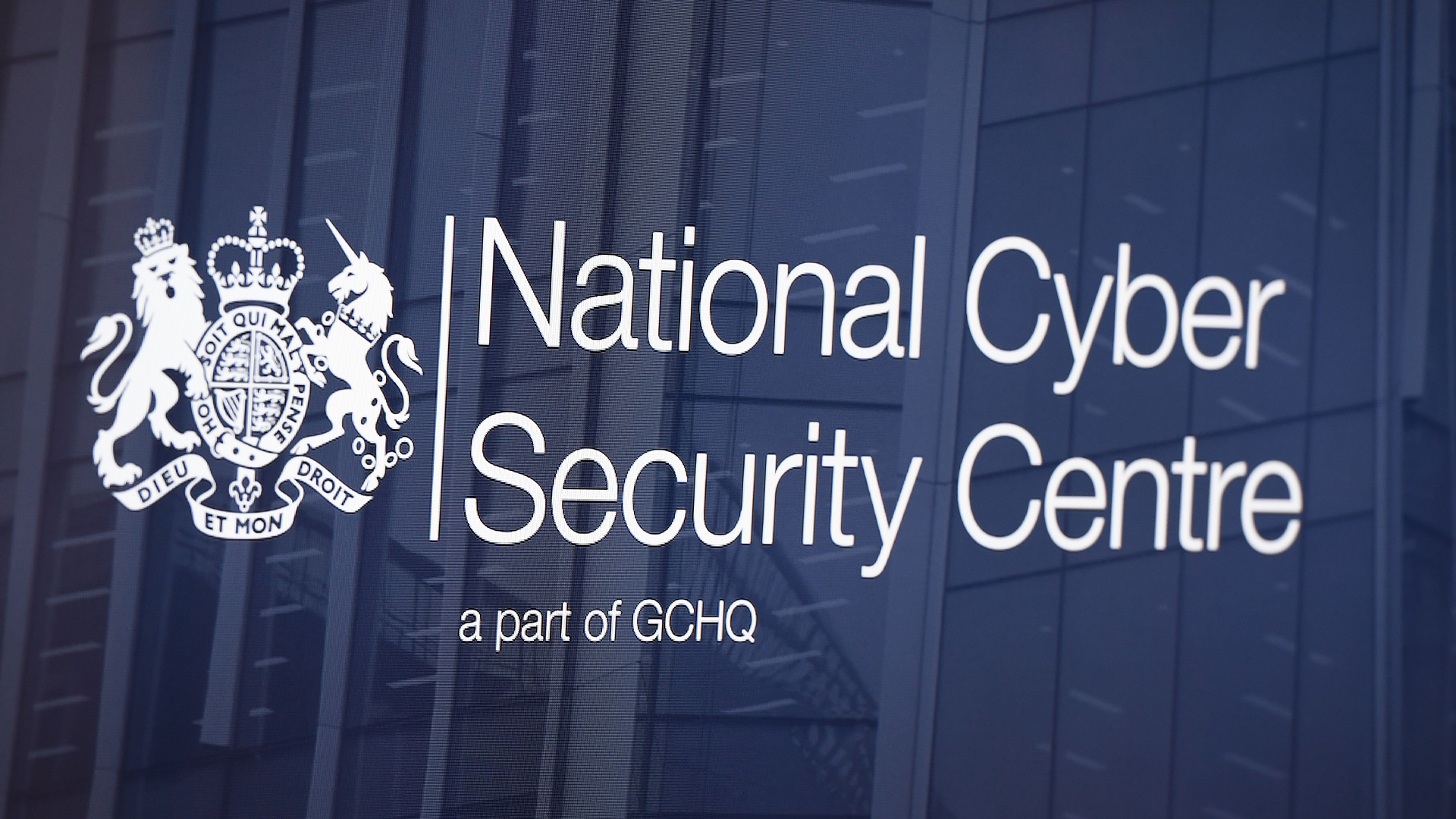State-sponsored cyber crime is officially out of control
North Korea is the most prolific attacker, but Russia and China account for the most disruptive and tightly-targeted campaigns


Sign up today and you will receive a free copy of our Future Focus 2025 report - the leading guidance on AI, cybersecurity and other IT challenges as per 700+ senior executives
You are now subscribed
Your newsletter sign-up was successful
Two-thirds of attributable cyber attacks now come from state-backed attackers, lending weight to warnings from national security agencies about the scale of the threats faced by enterprises and public services alike.
Analysis from Netskope shows a marked escalation in state-sponsored attacks in recent years, with the company warning this trend shows no sign of slowing down.
Sanjay Beri, CEO and co-founder of Netskope, said cyber attacks waged by nation state actors now represent a form of ‘quiet war’.
"Under the surface of this worldwide escalation is a varied picture of different states pursuing widely divergent cyber attack strategies,” he said.
While attention has largely focused on the risks from Russia, China and Iran, data from Netskope indicates that North Korea is currently the world's biggest offender in terms of the number of victims.
It's been targeting victims en-masse through cyber crime and cryptocurrency theft, with the goal of stealing money to fund its military.
China and Russia, meanwhile, account for the second and third greatest number of attacks. Unlike North Korea, however, their goal is to disrupt and damage highly targeted pieces of critical national infrastructure, leading to a smaller number of higher impact, more targeted attacks.
Sign up today and you will receive a free copy of our Future Focus 2025 report - the leading guidance on AI, cybersecurity and other IT challenges as per 700+ senior executives
Examples include the targeting of NHS England and the Electoral Commission, both of which were highly disruptive.
"The difference between North Korea’s cyber ‘carpet bombing’ and Russia’s ‘precision strikes’ means that if you’ve fallen victim to an online phishing attack, it’s unlikely that Russian government-backed actors were the cause," said Beri.
"If, however, a critical piece of national infrastructure is down, then it’s more likely that they are. Understanding these nuances is critical for businesses and individuals operating in today’s connected world - because the first and most important step in putting in place the best cyber defense strategy is understanding who is targeting you, what their goals are, and how they’re trying to achieve them."
State sponsored cyber attacks are wreaking havoc
Earlier this summer, the UK’s National Cyber Security Centre (NCSC), along with US and South Korean authorities, warned that a North Korea-linked threat group known as Andariel was compromising organizations around the world to steal sensitive and classified technical information and intellectual property data.
RELATED WHITEPAPER

While it mainly targeted defense, aerospace, nuclear, and engineering entities, it also hit organizations in the medical and energy sectors to a lesser extent, stealing information such as contract specification, design drawings, and project details.
In March this year, the UK government warned that the Chinese state-sponsored attacks on parliamentarians and on the Electoral Commission would not be tolerated.
This particular incident prompted the government to summon the Chinese Ambassador and sanction a front company and two individuals identified as members of the APT31 hacking group.
Similarly, late last year, Russian-backed threat actors were thrust into the spotlight after the NCSC exposed a campaign by Russian Intelligence Services to interfere in UK politics and democratic processes.
More from ITPro
- The Iran cyber threat: Breaking down attack tactics
- State-sponsored cyber attacks: The new frontier
- What threat do nation state hackers pose to businesses?
Emma Woollacott is a freelance journalist writing for publications including the BBC, Private Eye, Forbes, Raconteur and specialist technology titles.
-
 ITPro Best of Show NAB 2026 awards now open for entries
ITPro Best of Show NAB 2026 awards now open for entriesThe awards are a fantastic opportunity for companies to stand out at one of the industry's most attended shows
-
 Mistral CEO Arthur Mensch thinks 50% of SaaS solutions could be supplanted by AI
Mistral CEO Arthur Mensch thinks 50% of SaaS solutions could be supplanted by AINews Mensch’s comments come amidst rising concerns about the impact of AI on traditional software
-
 NCSC names and shames pro-Russia hacktivist group amid escalating DDoS attacks on UK public services
NCSC names and shames pro-Russia hacktivist group amid escalating DDoS attacks on UK public servicesNews Russia-linked hacktivists are increasingly trying to cause chaos for UK organizations
-
 The NCSC touts honeypots and ‘cyber deception’ tactics as the key to combating hackers — but they could ‘lead to a false sense of security’
The NCSC touts honeypots and ‘cyber deception’ tactics as the key to combating hackers — but they could ‘lead to a false sense of security’News Trials to test the real-world effectiveness of cyber deception solutions have produced positive results so far
-
 Government urges large enterprises to shore up defenses as NCSC warns UK faces four 'nationally significant' cyber attacks every week
Government urges large enterprises to shore up defenses as NCSC warns UK faces four 'nationally significant' cyber attacks every weekNews UK enterprises of all sizes face escalating cybersecurity threats, ministers have warned
-
 Industry welcomes the NCSC’s new Vulnerability Research Initiative – but does it go far enough?
Industry welcomes the NCSC’s new Vulnerability Research Initiative – but does it go far enough?News The cybersecurity agency will work with external researchers to uncover potential security holes in hardware and software
-
 ‘States don’t do hacking for fun’: NCSC expert urges businesses to follow geopolitics as defensive strategy
‘States don’t do hacking for fun’: NCSC expert urges businesses to follow geopolitics as defensive strategyNews Paul Chichester, director of operations at the UK’s National Cyber Security Centre, urged businesses to keep closer tabs on geopolitical events to gauge potential cyber threats.
-
 Cyber attacks have rocked UK retailers – here's how you can stay safe
Cyber attacks have rocked UK retailers – here's how you can stay safeNews Following recent attacks on retailers, the NCSC urges other firms to make sure they don't fall victim too
-
 Five Eyes cyber agencies issue guidance on edge device vulnerabilities
Five Eyes cyber agencies issue guidance on edge device vulnerabilitiesNews Cybersecurity agencies including the NCSC and CISA have issued fresh guidance on edge device security.
-
 "Thinly spread": Questions raised over UK government’s latest cyber funding scheme
"Thinly spread": Questions raised over UK government’s latest cyber funding schemeThe funding will go towards bolstering cyber skills, though some industry experts have questioned the size of the price tag
